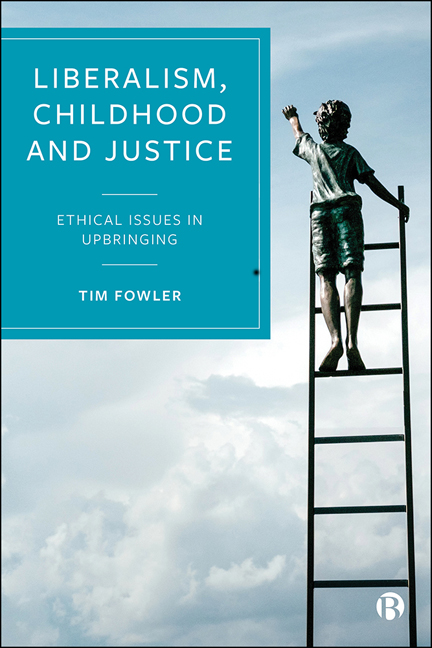7 - Understanding Perfectionism
Published online by Cambridge University Press: 25 February 2021
Summary
In this chapter and the next, I discuss in more detail what perfectionism is and what it entails for children's upbringing. Here I show why perfectionism must mean more than the promotion of ‘high culture’ and cannot be understood merely in terms of the promotion of autonomy or critical reasoning. These two aims are the most discussed instances of perfectionism in the literature but give a misleading impression about what the proper goals of a perfectionist state should be. Understanding perfection as artistic achievement can be dismissed quite quickly, since no plausible view can take art or science to be the only components of human flourishing. Understanding perfection in terms of autonomy is much more compelling and grounds a plausible view about justice for children in self-development. However, while I do not deny the importance of critical thinking, I show that becoming autonomous is not enough. Instead I argue that perfectionism requires designing children's upbringing to raise the probability that they will choose to live good lives.
The relative insignificance of ‘high’ culture
While widely discussed, the term perfectionism is sometimes unhelpful because its meaning is ambiguous. Rawls defines perfectionism as ‘directing society to arrange institutions so as to maximise the achievement of human excellence in art, science and culture’. According to this aim, ‘mankind must continually strive to produce great individuals. We give value to our lives by working for the good of the highest specimens’ (1999: 325). Rawls’ description has two main elements: (i) that ‘perfection’ is about artistic intellectual ‘excellence’; and (ii) that excellence is only achieved in rare cases, so that the best way to maximize perfection is by helping a few great individuals.
In policy terms, this kind of perfectionism would require significant subsidies for museums and cultural institutions or intensive courses for those children who show aptitude in arts or sciences. Some critics of perfectionism take the promotion of high culture, by funding events and institutions like the opera or art galleries, to be representative of what perfectionist policies require. However, ‘perfectionism’ is now used refer to any action by the state that rests on a contested view of ethics. For instance, Quong writes that perfectionism is the view that ‘political action should be directed towards helping individuals live good lives, and discouraging individuals from living bad or worthless lives’ (2011: 3).
- Type
- Chapter
- Information
- Liberalism, Childhood and JusticeEthical Issues in Upbringing, pp. 67 - 78Publisher: Bristol University PressPrint publication year: 2020



